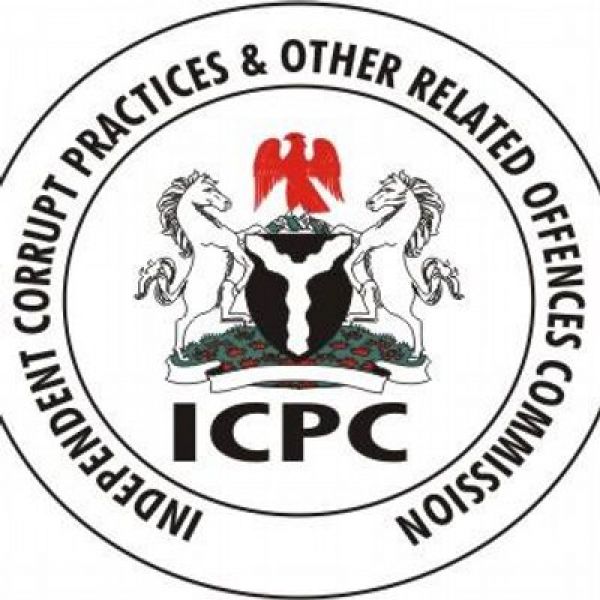Keyamo Commits To Aviation Safety Standards
The Minister of Aviation and Aerospace Development, Festus Keyamo (SAN), on Wednesday assured stakeholders in the aviation industry of his commitment to safety standards in the sector.
He said that safety stood on top of his five-point agenda for the aviation industry, commending the organisers of the seminar for the initiative.
The News Agency of Nigeria (NAN) reports that the two-day forum is the first after the COVID-19 pandemic but the third in its series,
The forum is tagged: “Building Safety Capabilities for the Future”.
The minister was represented by Mr Henry Agbebire, Director of Special Duties, Federal Airports Authority of Nigeria (FAAN).
He said that leveraging technological advancements was critical to building aviation safety capabilities for the future.
“Invest in training and education and foster a culture of collaboration and continuous improvement within the aviation community.
“Together, we can create a safer and more resilient aviation industry that inspires confidence and trust among passengers and stakeholders.
“The theme of this seminar, underscores the paramount importance of safety in our aviation industry.
“As we gather here today, we recognise the dynamic nature of aviation and its capabilities, and with the ever-evolving challenges that are accompanied.
“It is imperative that we remain steadfast in our commitment to enhancing safety standards and capabilities to ensure the well-being of all passengers and personnel involved in air travel,” he said.
Alhaji Ahmad Abba, Chairman, ATC-Pilot Forum Steering Committee, said that the forum provides a platform for frontline aviation professionals to share ideas and dissect common operational challenges.
Abba, during his welcome address, said that the forum provided an avenue to make appropriate recommendations to enhance safety of flight operations.
He noted that in previous forums held in 2019 and 2020, concerns were raised regards Performance Based Navigation (PBN) operational requirements, perennial air-ground and ground-ground communications problems among others.
He, however, noted that there had been improvements in some areas of note.
“As critical frontline professionals in the aviation ecosystem, pilots and controllers stand in the fore-front to recommend realistic strategies that will lead to the effective implementation of the 5-point agenda.
“This meeting should therefore, take up this challenge as one of its cardinal objectives. There are several challenges that this forum needs to critically examine in the course of deliberations.
“These include the recurring perennial challenge of poor VHF communication in Nigeria’s upper airspace; ATC manpower shortage and inadequate training; training of Pilots and ATCOs on PBN; frequent delays and cancellation of scheduled flights.
“Degrading surveillance system; procedural training of ATCOs and its implication to flight operations; non-availability of functional simulators for procedural training of ATCOs at training stations.”
He also cited frequent unserviceability of navigational and landing aids, bird strikes and runway incursions/excursions and many others.
According to Abba, collective and collaborative efforts are expected to help overcome these challenges.
He said that appreciable gains had been noticed, aimed at improving safety, capacity and efficiency of air navigation since the forum’s last meeting.
Abba commended the men and women at the control rooms and flight decks for their dexterity in spite of the many challenges confronting the aviation ecosystem in Nigeria.
He appealed to the minister to adopt the spirit of collaboration in working towards meeting common objectives.
The Director-General, Nigeria Civil Aviation Authority (NCAA), Capt. Chris Najomo, commended the pilots and traffic controllers for their strides
Najomo, who was represented by Engr. Godwin Balang, Director Aerodrome Airspace Standards, NCAA, said Nigeria has had vibrant aviation activities.
The forum was hosted by the National Air Traffic Controller Association (NATCA); Flight Crew Association of Nigeria (FCAN) and National Association of Aircraft Pilots and Engineers (NAAPE).





